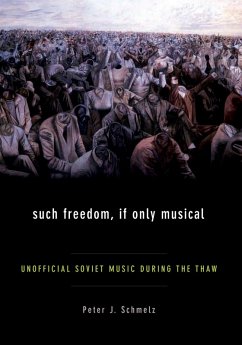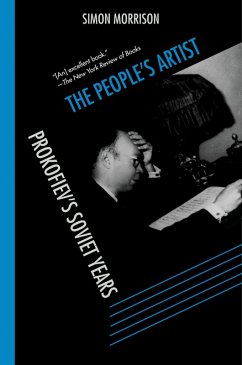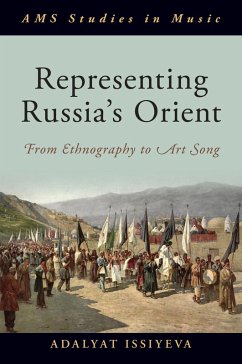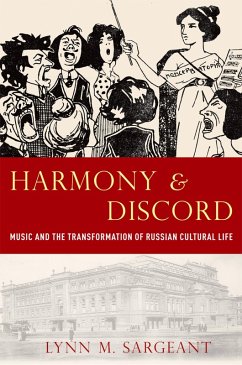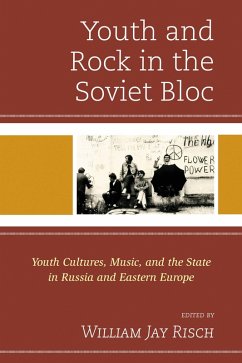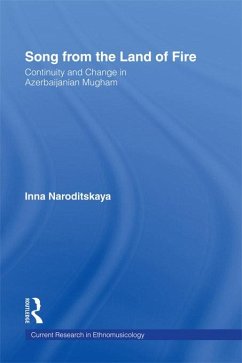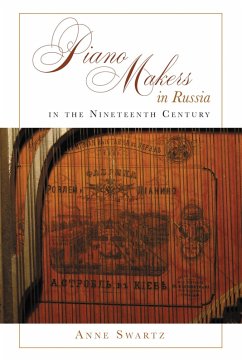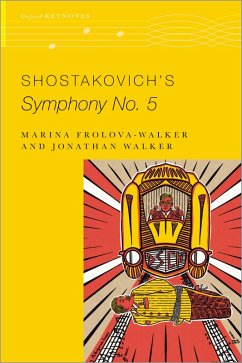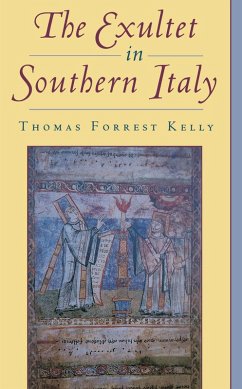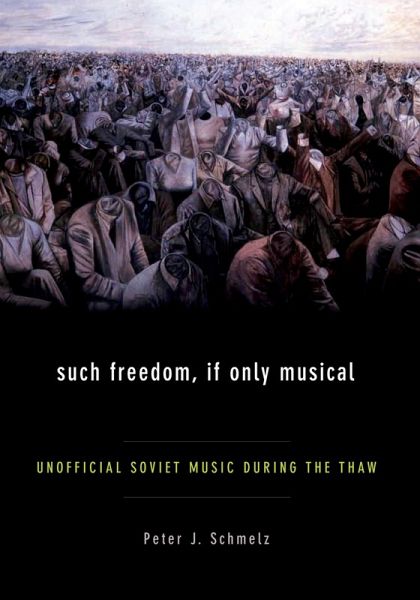
Such Freedom, If Only Musical (eBook, PDF)
Unofficial Soviet Music During the Thaw
Versandkostenfrei!
Sofort per Download lieferbar
35,95 €
inkl. MwSt.
Weitere Ausgaben:

PAYBACK Punkte
18 °P sammeln!
Following Stalin's death in 1953, during the period now known as the Thaw, Nikita Khrushchev opened up greater freedoms in cultural and intellectual life. A broad group of intellectuals and artists in Soviet Russia were able to take advantage of this, and in no realm of the arts was this perhaps more true than in music. Students at Soviet conservatories were at last able to use various channels--many of questionable legality--to acquire and hear music that had previously been forbidden, and visiting performers and composers brought young Soviets new sounds and new compositions. In the 1960s, c...
Following Stalin's death in 1953, during the period now known as the Thaw, Nikita Khrushchev opened up greater freedoms in cultural and intellectual life. A broad group of intellectuals and artists in Soviet Russia were able to take advantage of this, and in no realm of the arts was this perhaps more true than in music. Students at Soviet conservatories were at last able to use various channels--many of questionable legality--to acquire and hear music that had previously been forbidden, and visiting performers and composers brought young Soviets new sounds and new compositions. In the 1960s, composers such as Andrey Volkonsky, Edison Denisov, Alfred Schnittke, Arvo Pärt, Sofia Gubaidulina, and Valentin Silvestrov experimented with a wide variety of then new and unfamiliar techniques ranging from serialism to aleatory devices, and audiences eager to escape the music of predictable sameness typical to socialist realism were attracted to performances of their new and unfamiliar creations. This "unofficial" music by young Soviet composers inhabited the gray space between legal and illegal. Such Freedom, If Only Musical traces the changing compositional styles and politically charged reception of this music, and brings to life the paradoxical freedoms and sense of resistance or opposition that it suggested to Soviet listeners. Author Peter J. Schmelz draws upon interviews conducted with many of the most important composers and performers of the musical Thaw, and supplements this first-hand testimony with careful archival research and detailed musical analyses. The first book to explore this period in detail, Such Freedom, If Only Musical will appeal to musicologists and theorists interested in post-war arts movements, the Cold War, and Soviet music, as well as historians of Russian culture and society.
Dieser Download kann aus rechtlichen Gründen nur mit Rechnungsadresse in A, B, BG, CY, CZ, D, DK, EW, E, FIN, F, GR, HR, H, IRL, I, LT, L, LR, M, NL, PL, P, R, S, SLO, SK ausgeliefert werden.




